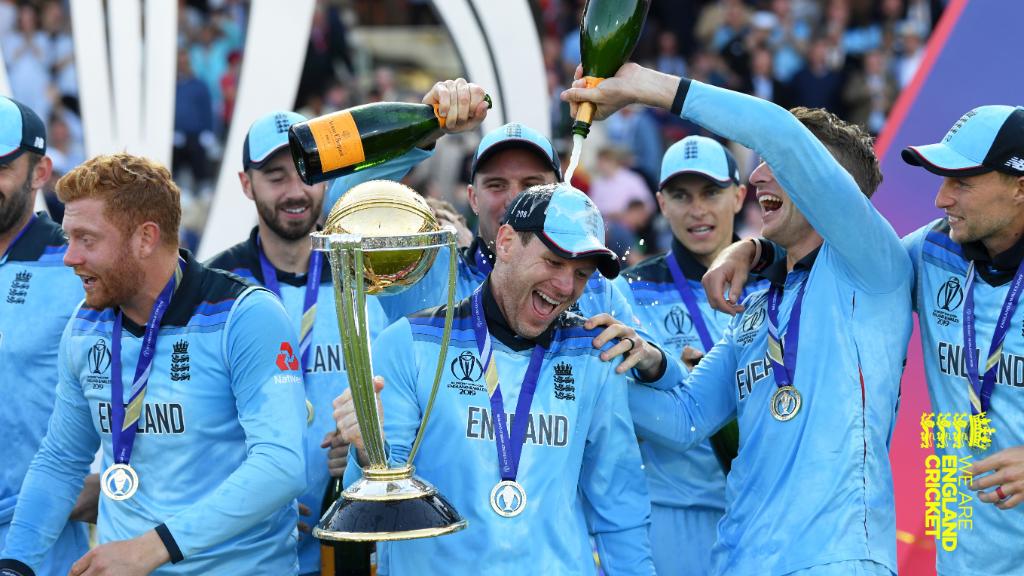There needs to be a thorough overhaul of DRS, claims Ian Chappell
Former Australian skipper Ian Chappell believes that there needs to be a thorough overhaul of the Decision Review System, while also suggesting that the control should be given to the umpires. He has also batted for the idea of using the exact same technology across all international matches played.

Despite a decade passing since its initial launch, the Decision Review System (DRS) has never been short of criticism. After first being tested in a series between India and Sri Lanka in 2008, the BCCI initially refused the usage of DRS in bilateral series' played by India, citing the inaccuracy of technology as a major flaw in the system. However, several tweaks have been made over the years, and all teams, including India, are now content with the system while also realizing and understanding the pros and cons of it.
However, former Aussie skipper Ian Chappell believes that the system needs a complete overhaul, with umpires being handed over complete control. Currently, the usage of DRS lies within the hands of the teams, with each team provided one review per innings in Limited Over matches and two reviews per innings in Test matches.
“A thorough overhaul of the DRS should place it in the hands of the umpires and not the players. And if the ICC was really serious about fairness in the decision-making process, they, and not than the television company that’s providing the coverage, would be in total charge of the technology,” Chappell wrote in his column in ESPNcricinfo.
While the technology exists, it is still limited due to cost constraints, and the kind of technology used depends on the host broadcaster. Chappell feels that there must be a consistent system where the technology used must be the same across all International matches played.
“That way every series would be played utilising the exact same technology, and therefore, under the same set of laws,” he spoke of DRS.
Meanwhile, another hot topic of discussion has been the controversial World Cup Final, where England were declared winners on the virtue of having hit more boundaries. The rule has come under criticism from former cricketers and experts alike, and Chappell feels that in such cases, the winner must be decided based on who finished higher in the points table in the group stage.
Chappell feels that this would be the ideal way to split the teams, as it takes into consideration the teams' overall performance across all matches. Interestingly, England would have walked away as winners, even under the system that has been proposed by the former Aussie skipper.
“The ideal way to unravel a tied final is to consider the position of the two competing teams on the table at the end of the preliminary rounds. This provides a definitive answer as the teams are placed in that order either by virtue of the number of wins or by a net run-rate tie-breaker,” Chappell said.
“If the Super Over doesn’t provide an outright winner then this is the least controversial way to decide a winner. England would still have won under this system, and they also comfortably defeated New Zealand in their round match.” he added.

Comments
Sign up or log in to your account to leave comments and reactions
0 Comments